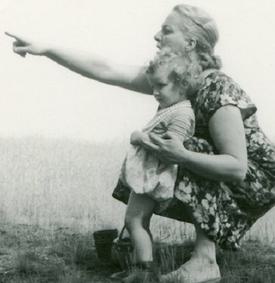
Quintessentially Human: Language
What is language? We are born into it, already attuned to the rhythm and syntax of our mother tongue. In our first years, we learn it almost miraculously, without a thought. We take it for granted. Language defies evolutionary accounts of its origin and transhumanist dreams of replacement. In a word, it is that uniquely human art form of the incarnate spirits we are; for it is only with words—sensuous symbols—that we can speak of the world. Through words—in all the multiplicity of concrete names and foreign tongues—we are united to the community of inexhaustible beings in the world and to the inexhaustible community of the One who made it.


